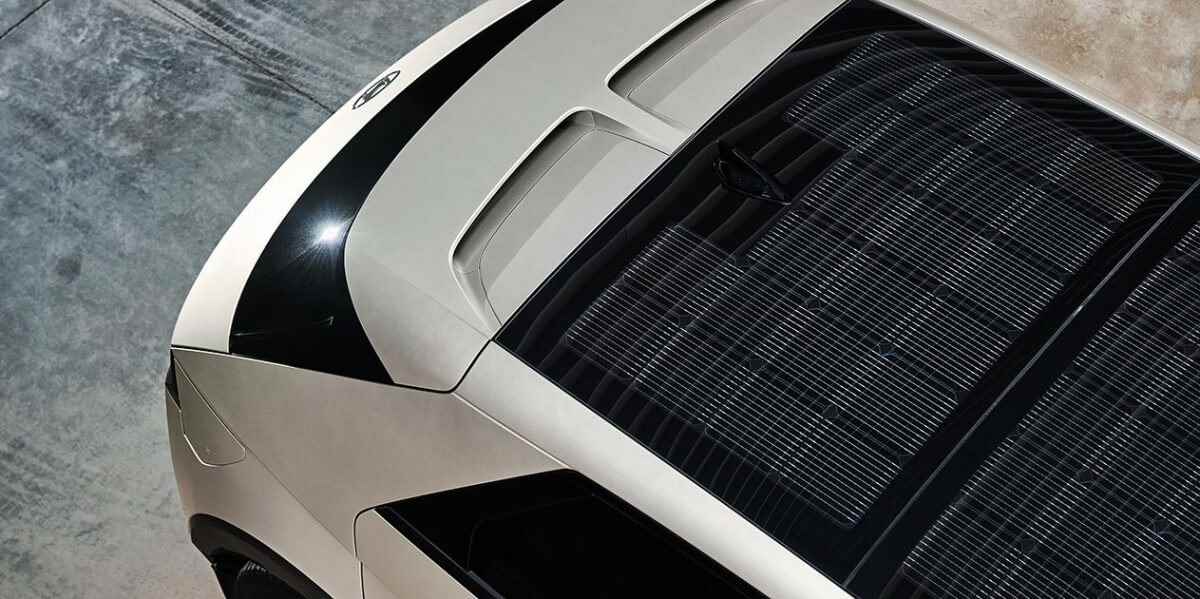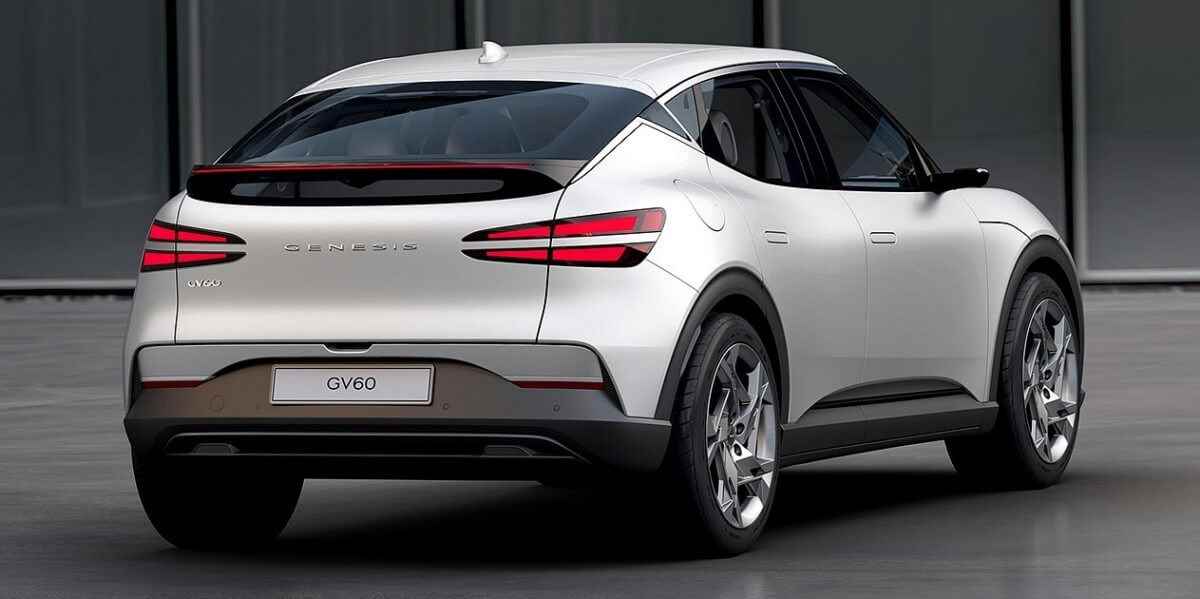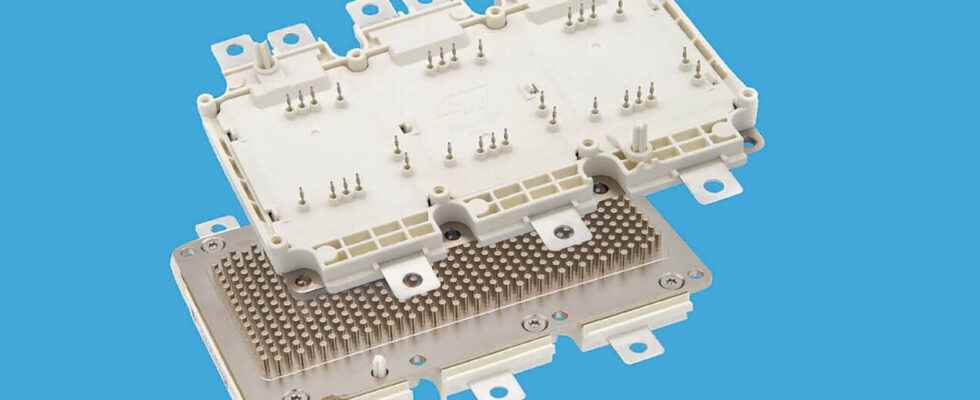The beauty of modular EV (electric vehicle) platforms is evident in Hyundai Group’s latest announcement. The company will replace existing silicon-based pre-motor inverters with STMicroelectronics’ latest silicon carbide products.
Hardware upgrade will affect all AWD models based on the E-GMP platform – Hyundai Ionic 5, Hyundai Ionic 6, Kia EV6 and Genesis GV60. The new traction inverters are not only based on silicon carbide, but also run at 800V.
Hyundai’s E-GMP platform runs at 800V, except for the front-wheel drive inverter. Until now, this vital equipment was operating at 400V, which meant it required an additional inverter between 400V and 800V. While perfectly fine, it meant additional losses, especially during regenerative braking.
800V is considered to be about three times faster than 400V when it comes to charging and discharging the battery. Having an 800V inverter means that more energy recovered during vehicle deceleration can be fed into the battery. It means more energy can be transmitted to the engine, which means better performance.

The rear inverters in all vehicles based on the E-GMP platform are already made of silicon carbide and use 800V infrastructure. According to the company, the new inverters will increase the efficiency of the powertrain system enough to affect a nearly 5 percent increase in range.
It doesn’t sound like much, but by replacing just one component, the long-range Hyundai Ioniq 6 can increase its range from 583km (WLTP) to 612km – an extra 29km that could mean a difference with recharging.

The inverter upgrade shows how much more needs to be done when it comes to improving our technology. Batteries are only one part of the powertrain, if we increase the efficiency of all components we will improve the range of electric vehicles and one day small batteries will not be a problem.
